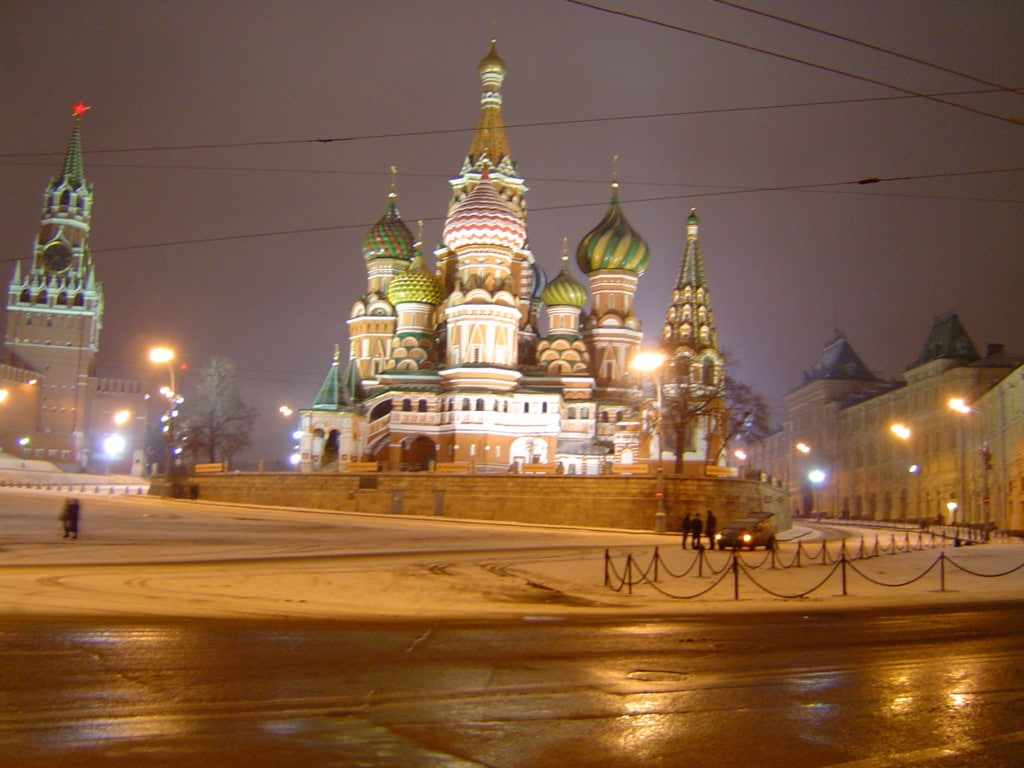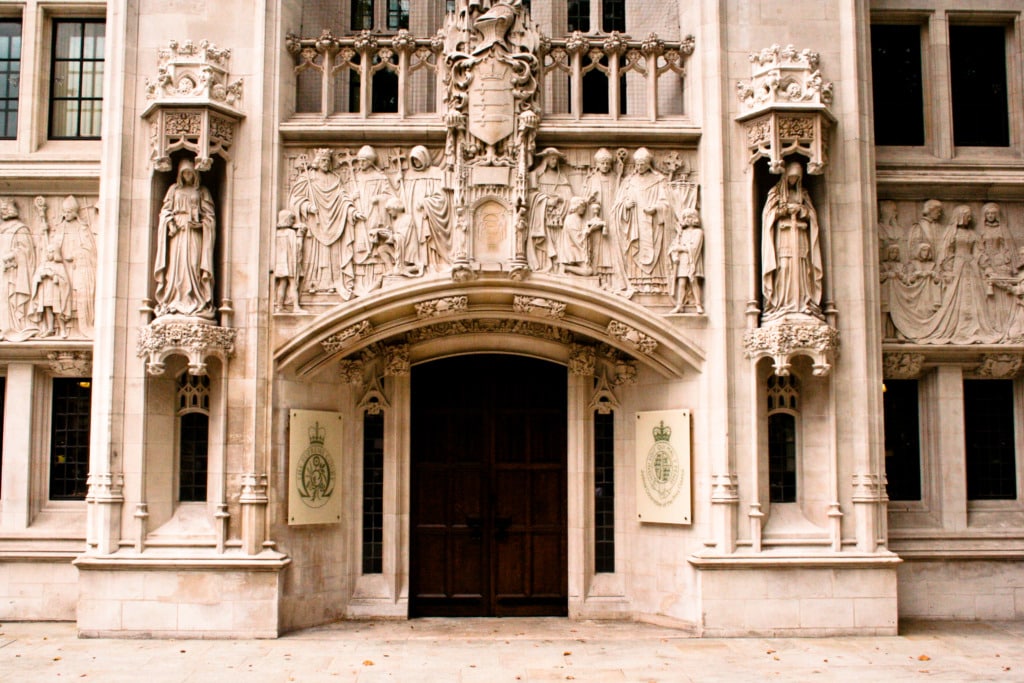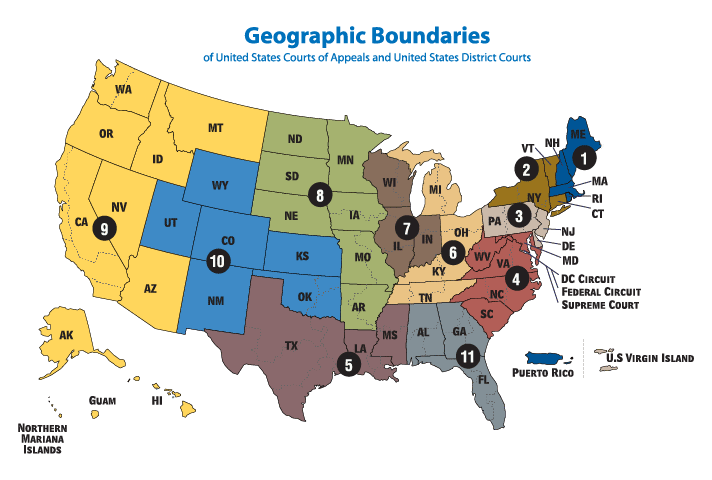Russia’s Lugovoy Law and the Battle for Jurisdiction
Sanctions have not only complicated the enforcement of contracts—they have also begun to affect the forums in which transnational disputes may be resolved. Russia’s so-called “Lugovoy Law” allows sanctioned parties to sue in Russian courts even when they have agreed to have their disputes decided elsewhere, and it is backed by threats of steep penalties….
Continue ReadingThird Circuit Clarifies Comity Abstention Test
The Third Circuit recently clarified the appropriate test for deferring to foreign bankruptcy proceedings. The court’s opinion in Vertiv, Inc. v. Wayne Burt PTE, Ltd. is clear, correct, and helpful in disambiguating the different contexts in which other federal courts have referred to “international comity abstention” and adjudicatory comity. The Facts In January 2020, Vertiv,…
Continue ReadingA Primer on Transnational Parallel Proceedings
It is not uncommon for parties involved in cross-border disputes to file competing or overlapping lawsuits in different forums. When should a U.S. court stay its hand in favor of a lawsuit filed in another country? Conversely, when should a U.S. court take proactive measures to defend its jurisdiction from interference by proceedings in a…
Continue ReadingCert Sought to Resolve Circuit Split on Anti-Suit Injunction Standard
The Supreme Court will consider a petition for cert to resolve a circuit split over when to issue antisuit injunctions.
Continue ReadingCert Petition Defends Partial Forum Non Conveniens Dismissals
A pending cert petition before the U.S. Supreme Court asks whether a district court may dismiss part of an action pursuant to the doctrine of forum non conveniens (“FNC”) while allowing the rest of the case to proceed. The Tenth Circuit held that it could not in DIRTT Environmental Solutions Inc. v. Falkbuilt Ltd. because…
Continue ReadingDivided Fifth Circuit Panel Affirms Antisuit Injunction in Tragic Case
Normally, the fact that the Fifth Circuit affirmed an antisuit injunction would not be noteworthy. The Fifth Circuit is among the circuits that has adopted a liberal approach to antisuit injunctions, and all circuits review a district court’s decision to grant or deny such an injunction for abuse of discretion. But the decision in Ganpat…
Continue ReadingThe Use and Abuse of Section 1782 Litigation in England
This post considers the use and misuse in England of the U.S. district court’s power under 28 U.S.C. § 1782 to order a person to give evidence or produce documents for use in a proceeding in a foreign tribunal. It is based upon a paper written for a conference honouring Professor Linda Silberman, a close…
Continue ReadingRecognition of Foreign Bankruptcy Proceedings Under Chapter 15
Transnational insolvency proceedings primarily involve cases where debtors have assets or creditors in multiple jurisdictions. To avoid conflicts between different bankruptcy regimes, many countries allow recognition of foreign bankruptcies in their territories and provide aid to foreign bankruptcy trustees. Recognition of foreign insolvency proceedings in the United States is governed by Chapter 15 of the U.S….
Continue ReadingHow Do Federal Courts Treat Foreign Parallel Litigation?
The Supreme Court has not explained how federal judges should evaluate parallel litigation in foreign courts. If the same parties are litigating the same issues before a foreign tribunal, should the federal court stay its hand? Or should it proceed until one or the other of the cases results in a judgment? The traditional European…
Continue Reading






